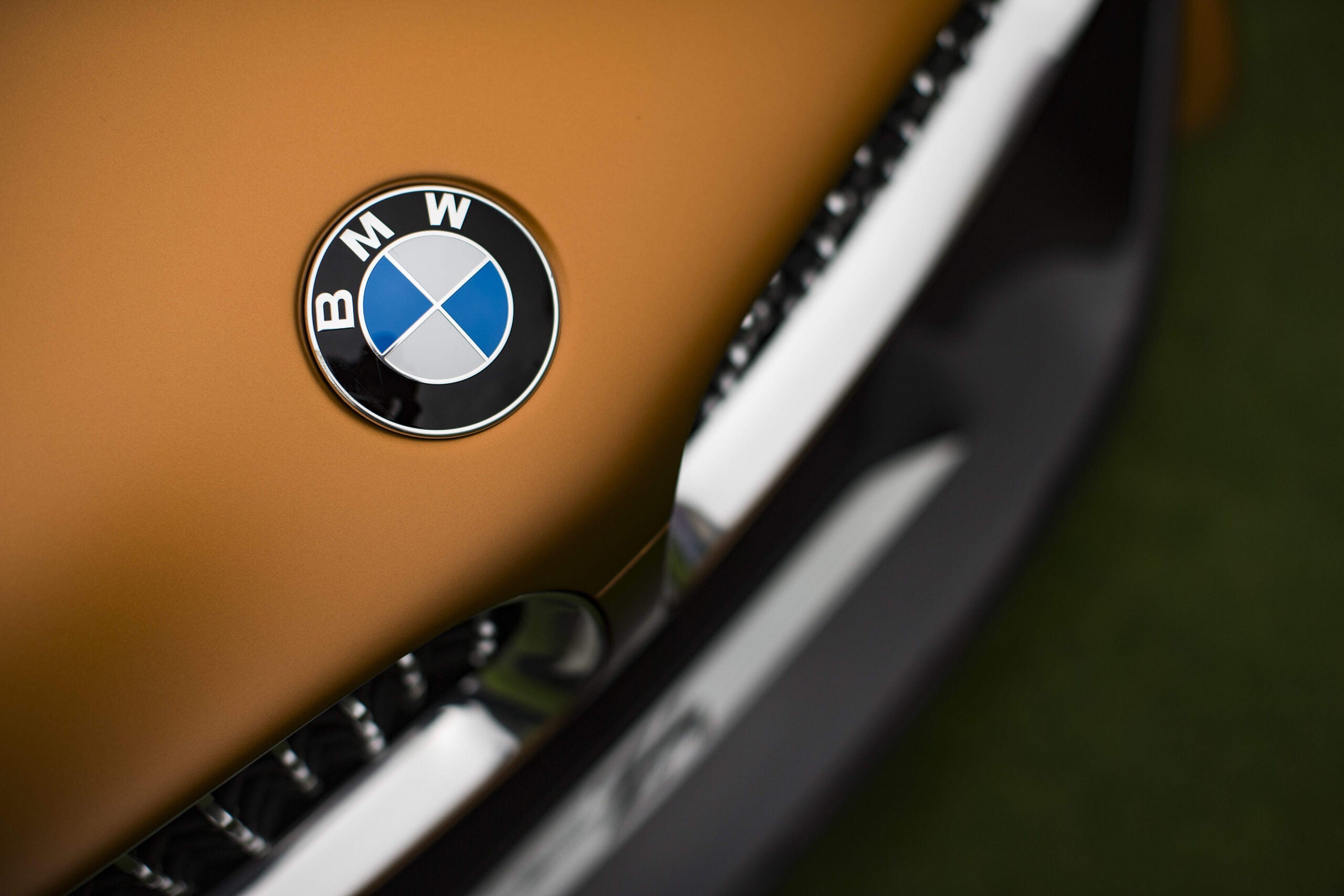
According to the latest data from Auto Trader, robust consumer interest for new cars has continued into the second quarter with the marketplace reporting a 16% year-on-year increase in new car visits in April to date.
The Land Rover Defender retains the top spot as the hottest brand-new car on Auto Trader with the highest share of total brand-new car enquiries (4%) sent to retailers so far this month despite only accounting for just 0.5% of the new car stock currently advertised on the platform.
It’s closely followed by another iconic Jaguar Land Rover model, the Range Rover Sport (3.5%), whilst the Volkswagen Golf (3%) is the third most in demand new car.
BMW is currently the top performing new car brand, driving the largest share of brand-new car enquiries (17%) sent to retailers through the Auto Trader platform. BMW has also commanded nearly a quarter (23%) of all new car advert views this month.
What’s more, the German giant has achieved the most growth in lead share, rising 1.5% on March’s already impressive 15.5%. Jaguar Land Rover is currently generating the second largest share of enquiries (14%) and Volkswagen is third (8%). Hyundai rounds off the top five, boosted by the huge demand for the brand’s fully electric IONIQ 5, which is currently the second most in demand brand-new electric vehicle (EV) on the platform.
Based on electric vehicles alone, BMW takes the top spot again, accounting for 13% of all new EV enquiries, followed by MG (11%) and Hyundai (10%). However, at a model level, the Peugeot e-208 is currently generating the most consumer interest among pure EVs, with the French city car receiving a 6% share.
How well do you really know your competitors?
Access the most comprehensive Company Profiles on the market, powered by GlobalData. Save hours of research. Gain competitive edge.

Thank you!
Your download email will arrive shortly
Not ready to buy yet? Download a free sample
We are confident about the unique quality of our Company Profiles. However, we want you to make the most beneficial decision for your business, so we offer a free sample that you can download by submitting the below form
By GlobalDataAuto Trader’s data also revealed that many of the fastest growing models in terms of consumer demand2 are fully electric models, including the e-208, as well as the popular Vauxhall Mokka, with both manufacturers recently offering strong incentives.
Overall, new car discounts have softened slightly in April following the recent increase to help drive consumer interest in the 24-plate change, coming back in line with levels reported in February. However, three-quarters of brand-new cars across all fuel types still have some level of discount applied.
“One of last month’s standout brands, Honda, stimulated strong demand in February and March for its e:Ny1 model, but having reduced new car discounts from a significant 23% to 15.6% in April, the brand’s share of new electric car leads has fallen this month, from 11% in March to 1.6% so far in April.
Ian Plummer, Auto Trader’s Commercial Director, said: “March may well be the busiest month for new car sales, but based on what we’re tracking on our marketplace, new car demand remains robust. Despite a slight softening in new car discounts this month, most brands continue to offer generous incentives, especially for their growing array of electric models.
“With the ZEV mandate target front of mind for manufacturers, we’re already seeing examples of brands utilising offers tactically to try and meet them. The last quarter showed us that new EVs sell when they’re at the right price for car buyers – we’ll continue to monitor with interest how each brand responds to the growing pressure to meet the regulatory targets.”






